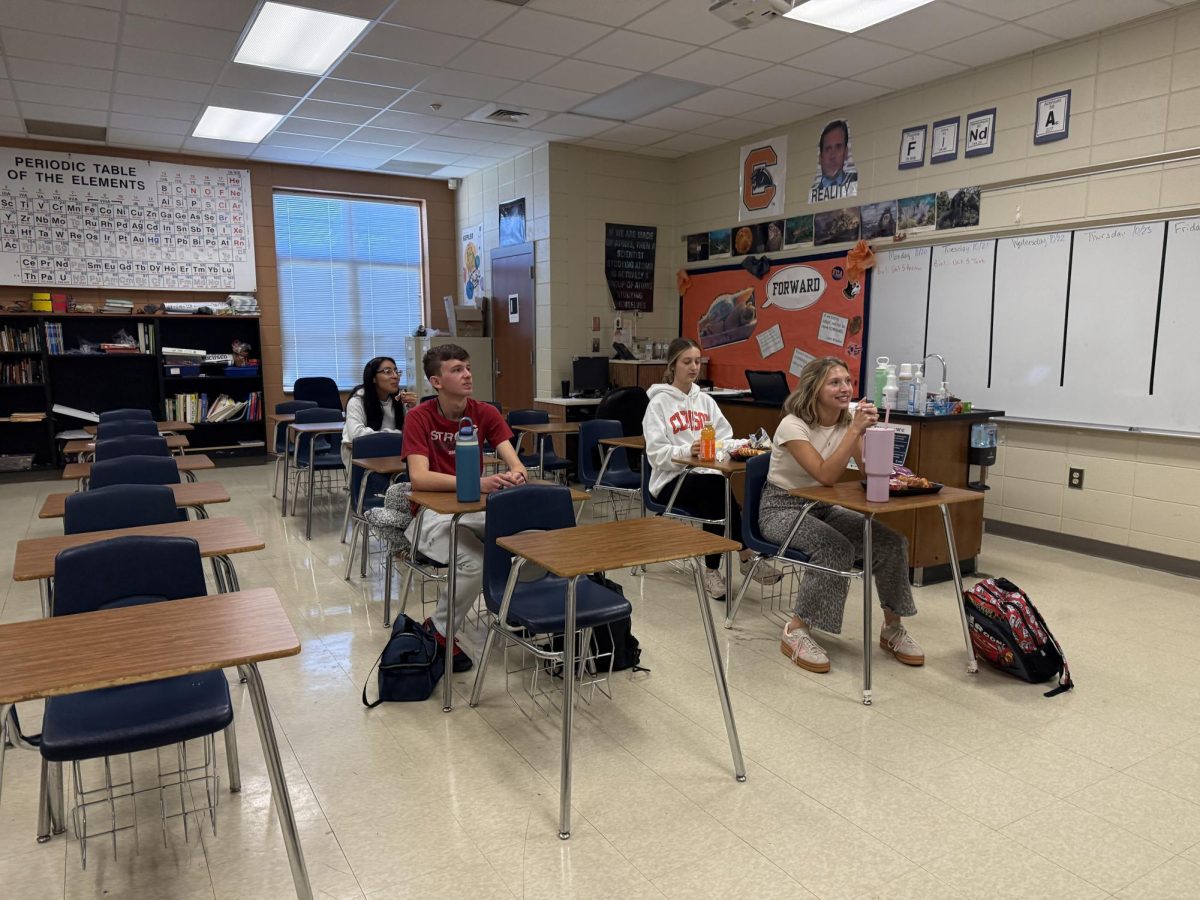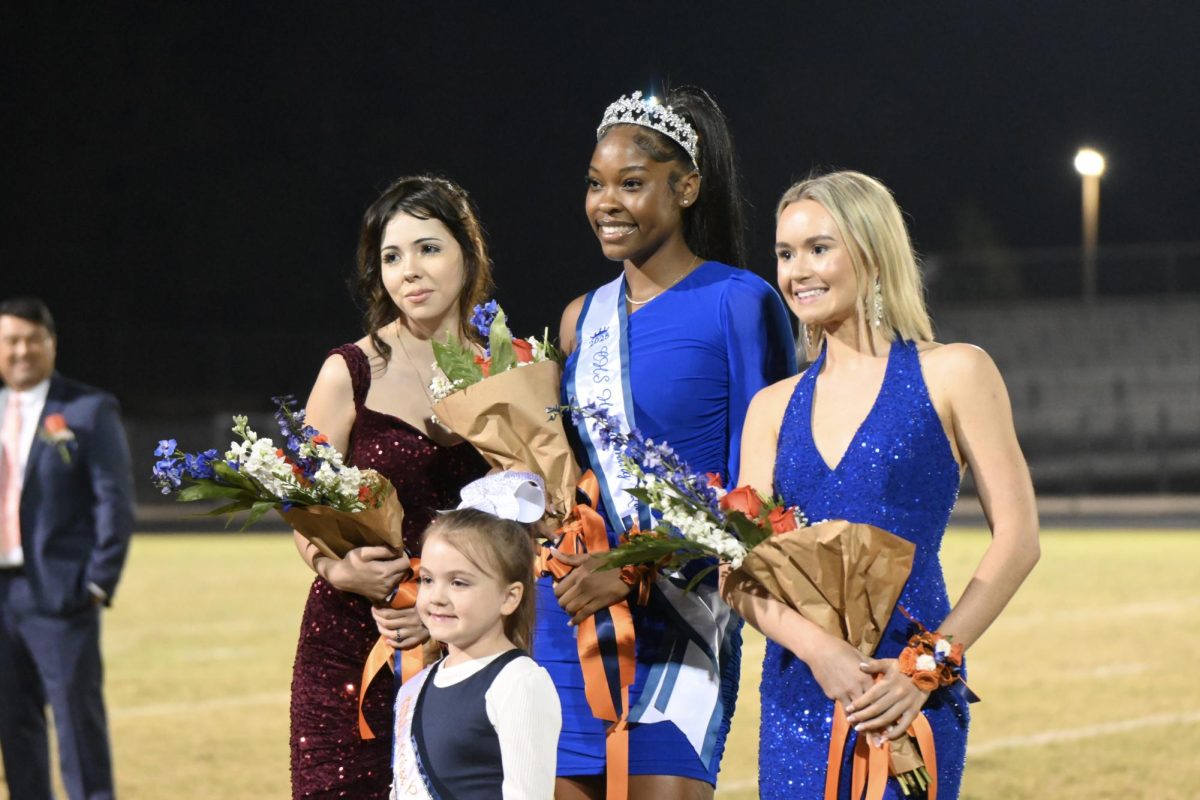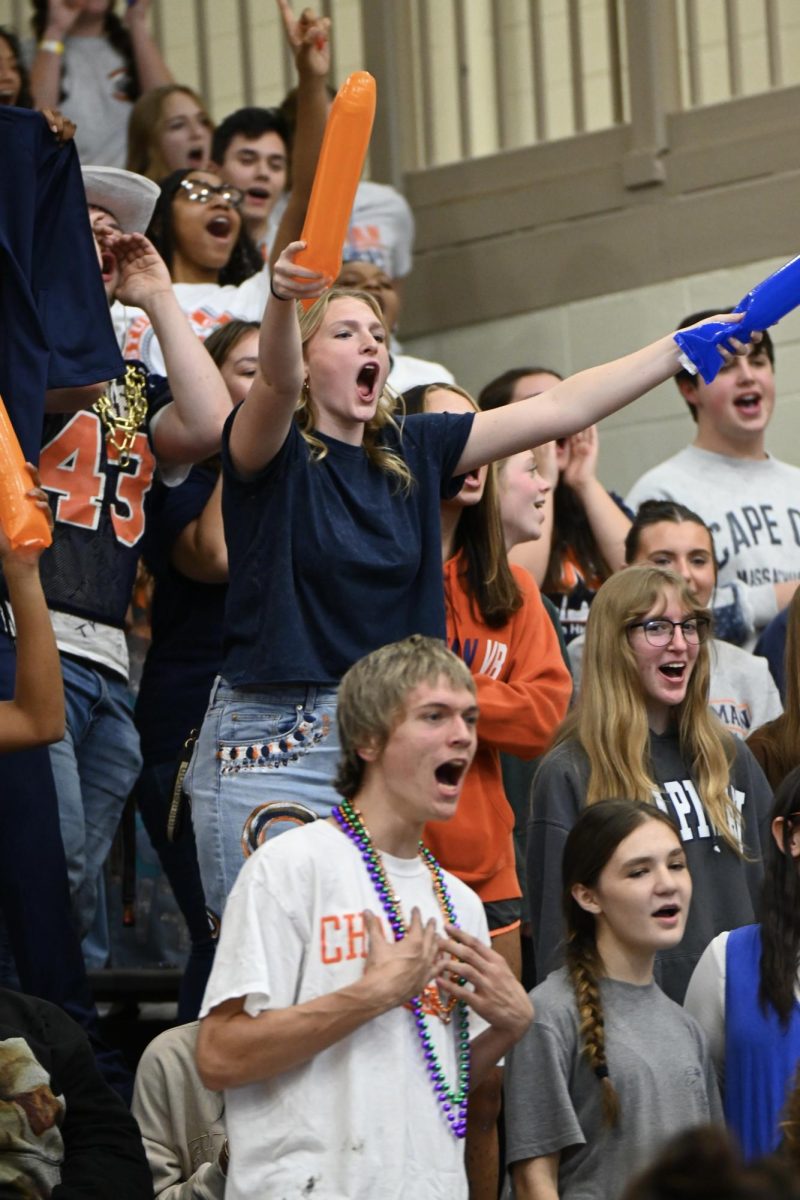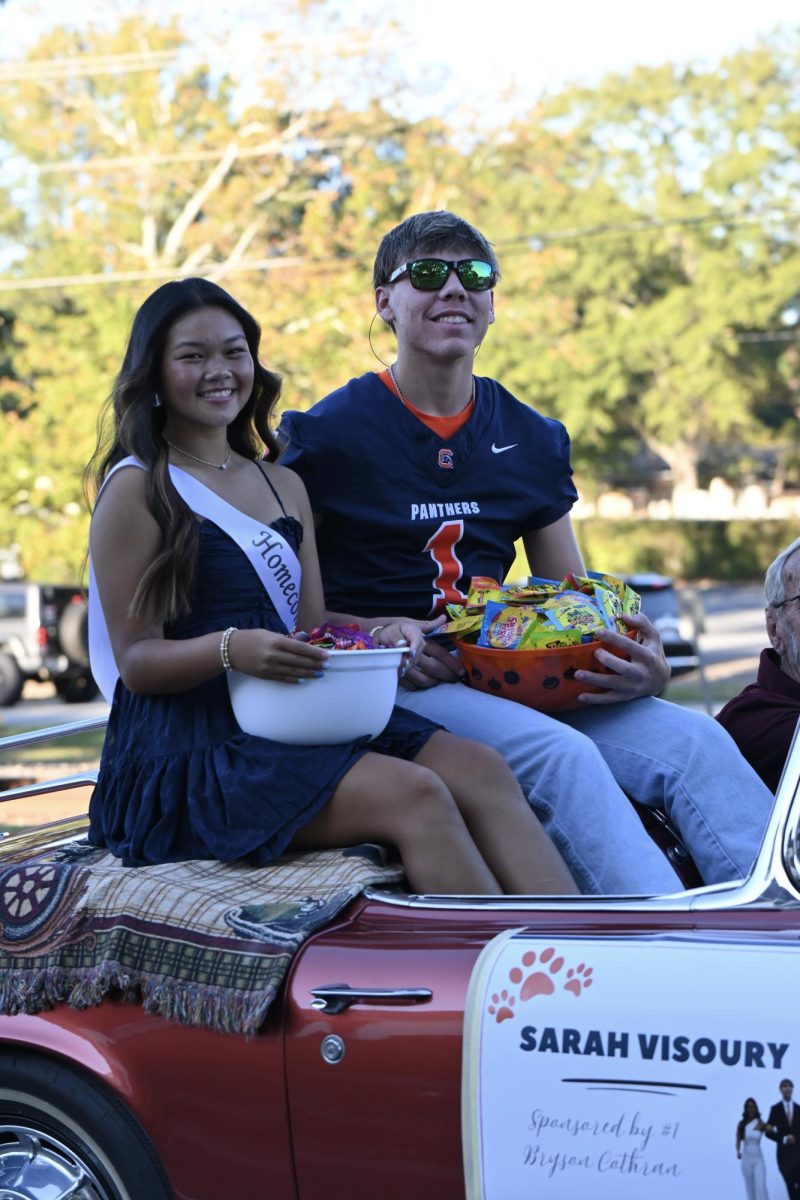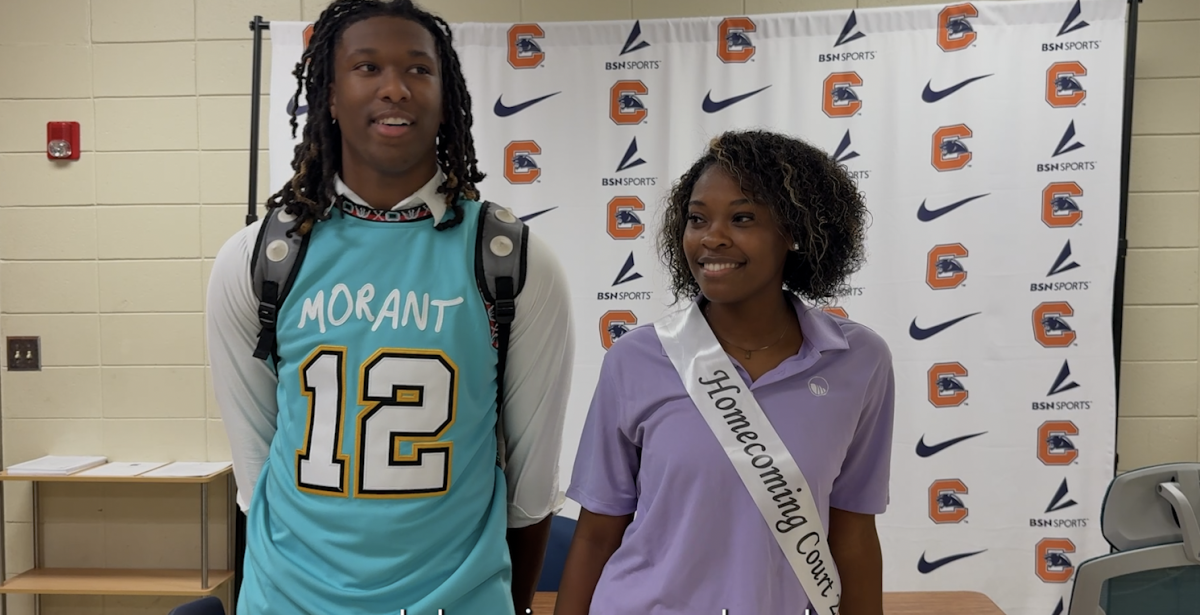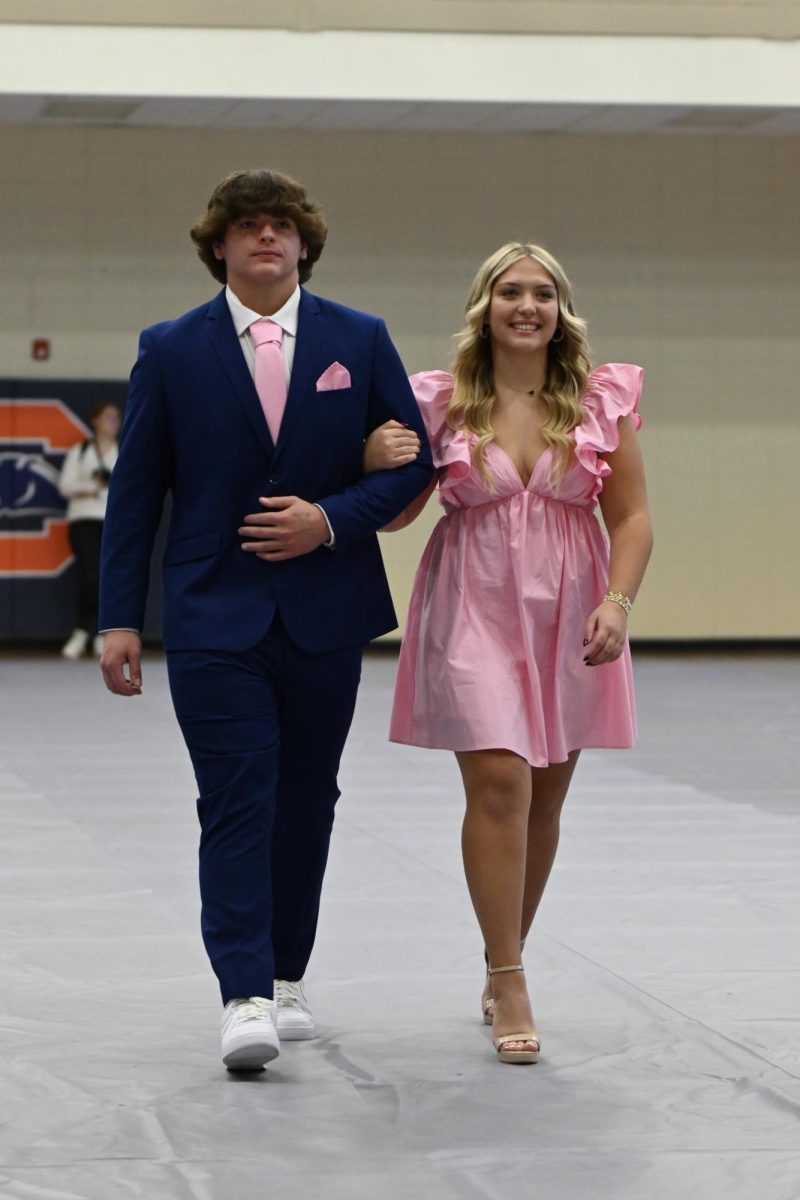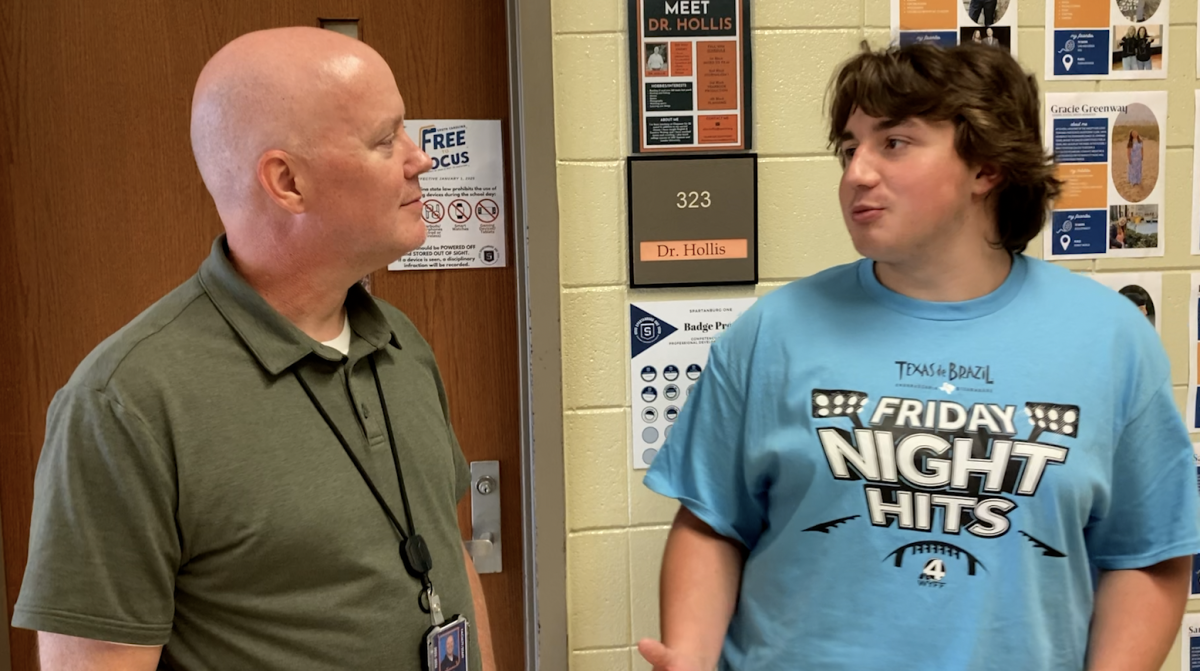Chapman offers several AP classes with only a small number of students enrolled.
Principal Matt Davis said the school keeps the classes that students sign up for, but courses often disappear when students don’t register for them.
“We offer classes, y’all sign up for them. And for a class with one or two students, typically it’s not gonna make it,” Davis said.
So what’s different about these classes?
Davis said he doesn’t think students avoid signing up on purpose — they just don’t think about taking those courses. He said he keeps them because he believes students will want to take the classes later on.
“So when you get older, you don’t put that in your brain to say, ‘I’m going to take this course,’” Davis said. “A lot of the time that’s why the course dies, and we won’t have it anymore, but I’m willing to risk a smaller class to keep it going because I’m looking down the road for students who one day will want to take the class.”
AP Biology teacher Ryan Mandlove said he thinks the reason the school keeps some small AP classes, including his own, is because of one indisputable fact.
“I think it’s because we have good test scores,” Mandlove said.
Mandlove had a 100% pass rate last year.
AP Literature and Composition teacher Holly Hollifield, who has had a 100% pass rate for the last several years, said the credits students earn from AP courses help them get into more competitive colleges, and so they’re worth keeping.
“I think the international acclaim of the AP credit is something that students who want to go to Ivy League colleges, or colleges that have more rigorous requirements, recognize,” Hollifield said. “An AP credit is going to count in their coursework, whereas a dual credit from SCC may just count as an elective.”
Hollifield said she also enjoys the material she teaches in smaller AP classes.
“I just enjoy the content,” Hollifield said. “I like teaching poetry and novels and plays that I don’t get to teach in other classes. It’s important not to leave high school without having read certain seminal works, and that’s another reason why it’s personally meaningful.”
Junior Ana Lopez-Leon said she enjoys being in a smaller AP class because there are fewer distractions.
“Being in a small class feels amazing because there aren’t as many people disrupting the lesson being taught,” Lopez-Leon said.
Davis said AP classes will benefit students later in life, no matter what profession they choose.
“These AP classes are elite,” Davis said. “You could go to college with such a strong foundation in biology that, wow — being a physical therapist, occupational therapist, nurse, physician’s assistant, doctor — whatever it is, we’re giving y’all options, and that’s what I always want to continue.”

